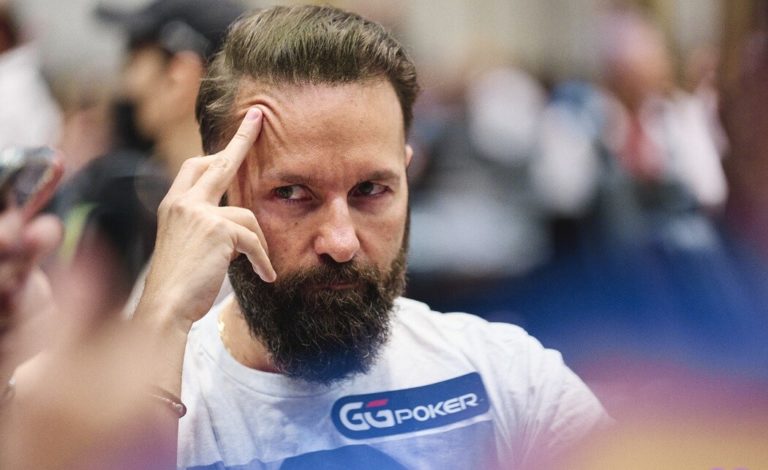The Tao Of Poker
I’ve been playing poker for nearly 20 years and I can tell you that winning poker is mostly about solid fundamentals and self discipline.
What are solid fundamentals? It starts with hand selection. You should be folding most of your starting hands. I know you want to play K10off in early position but it’s a long term loser. The better your preflop hand selection, the less bad spots you get yourself into.
Post flop play is much more complicated and nuanced than preflop play – and it’s where most of the money is made. Top pair is a strong hand but frequently not an All In hand. For instance, let’s say your playing $2/$5 at your local casino, have AJ, raise, get called, and the flop comes J94ddx. You bet 3/4 pot and your opponent raises. Unless your opponent is a maniac you are usually behind in this spot. While you can mostly rule out an over pair because your opponent didn’t reraise you preflop, he likely has J9, 44, Q10dd or AXdd. The only hand that you are ahead of mathematically is the last one and even then it’s something like 60/40. While you should probably call the raise and see what develops on the turn, shoving All In is a losing long term strategy. Many players will but winning players won’t.
Most of your money will be made by getting it in good when all the chips go in. The rest will be made by stealing pots with bluffs and semibluffs here and there. Getting in good means being patient. You have to wait and wait for the right spot. But if you can be more patient than your opponents on average, most of the time you will be ahead when all the chips go in and this in itself will make you a winning player. Nothing matches the feeling of stealing a big pot with a bold bluff but patience and discipline are what pay in the long run.
Most players have a false idea about what winning poker requires. They have Fancy Player Syndrome. They think that being a great player means making huge bluffs or playing Game Theory Optimal and reraising your opponent All In with A9off. While there is a place for bold moves and complicated math – especially at the highest levels of the game – solid, disciplined play is the foundation of winning poker.
Obviously there’s a lot more to solid fundamentals than this – most importantly reading your opponents – but you get the idea. What – then – is self discipline in a poker context? Self discipline means patience in waiting for the right spots and making the right play over and over again. Poker is a game of small edges. Even the best players in the world lose to donkeys on any given hand. Your superior skill shows out over the long term. Consistently making the right play – over and over again – is the way. While it can seem boring and tedious at times, watching your bankroll slowly and steadily grow is anything but.
Playing this way requires physical and mental endurance. You have to be emotionally centered and physically strong in order not to tilt. When things don’t go your way, you just reset and start over again. The thing you don’t do is start playing bad. This is where things like sports psychology, exercise, diet and sleep come into play. The poker life is a grind. It can be exhausting. But once you understand The Tao Of Poker, it’s like meditation: every time you go off the path, you catch yourself and get back on it.

